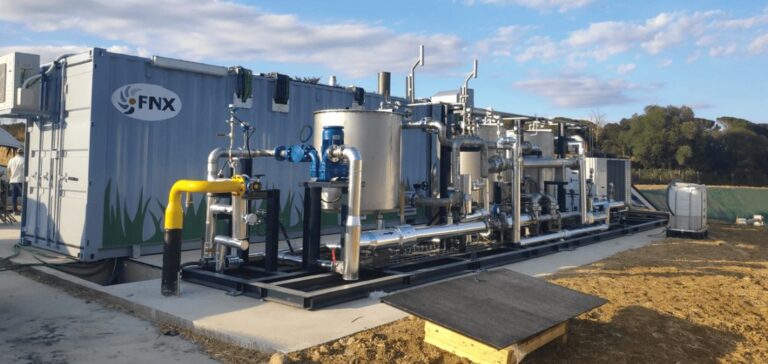CycleØ today announced the opening of a new subsidiary in Ireland to meet the growing demand and distributed nature of agricultural/food waste in the country. The company has James Manley as country manager and will make significant investments to help meet the Irish government’s target of producing 35 billion cubic meters of biomethane by 2030.
Government Biomethane Targets
“We are on a mission to reduce greenhouse gas emissions now,” said CycleØ CEO Laurence Molke. “Investing in Ireland’s new biomethane pipeline is a step toward achieving that goal.” In 2021, there were 1,067 European facilities, of which only 2 are in Ireland. To reach its ambitious target, the country will have to increase its local production to 5.7 TWh.
Establish network entry connections and develop the industry
While the country does not yet have a specific program to encourage biomethane development, Molke reports that conversations with Gas Networks Ireland show a strong commitment to this emerging industry. Gas Networks Ireland supports intermittent renewable energy such as green gas and hydrogen and its efforts will undoubtedly help CycleØ’s desired expansion.
David Hanahoes, Head of Development at Gas Networks Ireland says, “The expansion presents a further recognition of the country’s potential to produce biogas and create an industry around it” and he looks forward to working with CycleØ to progress this ambitious project which will benefit not only the agricultural sector but also rural communities by providing sustainable opportunities.






















